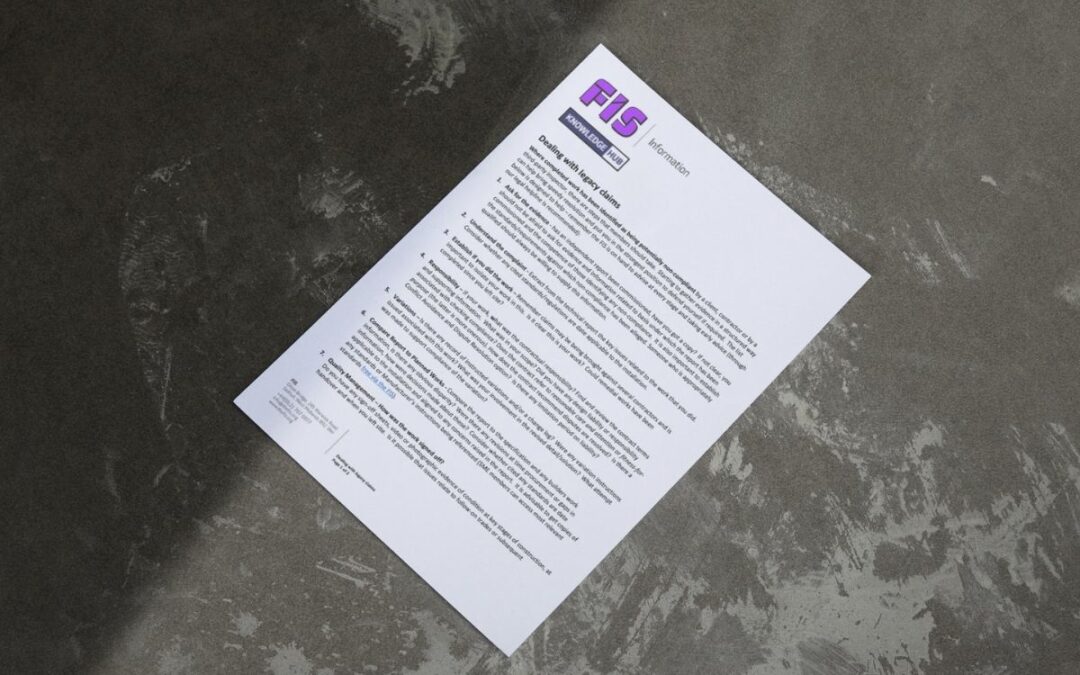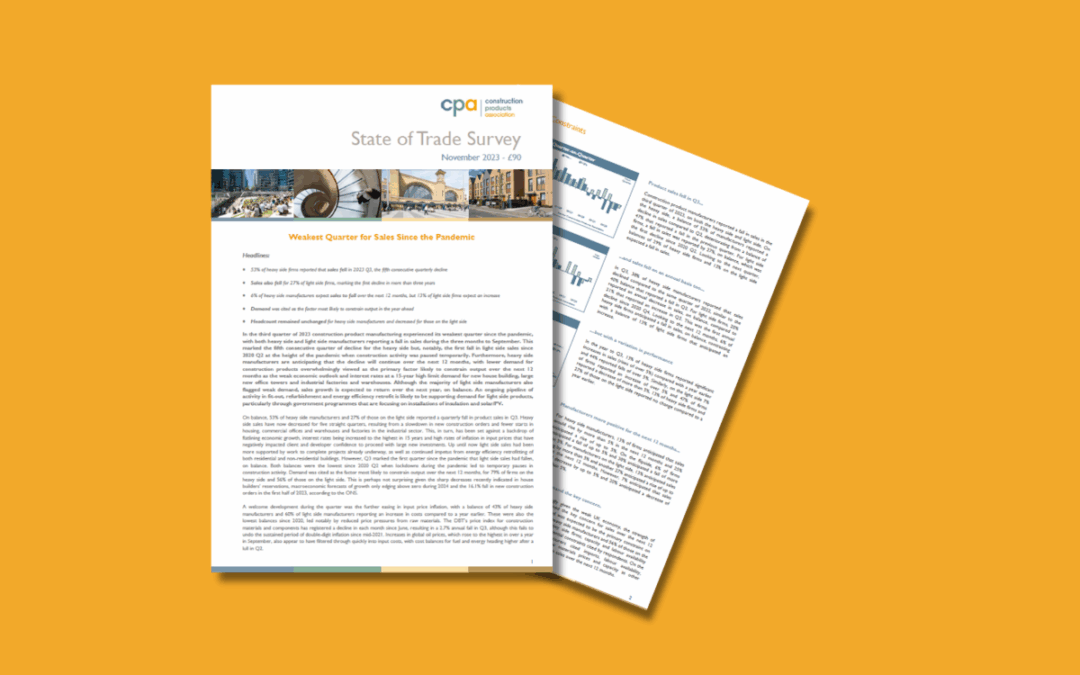The Government have announced new emergency measures to tackle the housebuilding crisis in London and unlock tens of thousands of homes across the capital.
Tens of thousands of Londoners are set to benefit from emergency measures to significantly ramp up housebuilding, unlock stalled sites and ensure more affordable homes are being built across the capital.
The Mayor’s record on housing in London, working with London boroughs, includes starting more new council homes than at any time since the 1970s and, prior to the pandemic, completing more new homes in London than any time since the 1930s.
But housebuilding in London has faced significant challenges over recent years due to a combination of the legacy of the previous government, impact of the Covid-19 pandemic, high interest rates, spiralling construction costs, regulatory blockers and wider economic conditions. This has created a perfect storm, resulting in more than a third of boroughs recording zero housebuilding starts in the first quarter of this year.
Accordingly, the Housing Secretary and Mayor of London have agreed today (Thursday 23rd October) to take decisive action to tackle the housebuilding crisis facing the capital and make it easier for people struggling to find a place to call home.
Time-limited, emergency measures, which are subject to consultation, will unlock development by making sites more viable and incentivise developers to get spades in the ground through a fast-tracked planning process for sites with at least 20 per cent affordable housing. Targeted measures will tackle squeezed viability, including the removal of design guidance that constrains density and temporary relief from development levies for schemes able to start promptly and guarantee affordable homes for Londoners.
Today’s package will mean that more homes – including affordable homes and those for social rent – can be built and built faster. This ‘use it or lose it’ route will come with strict conditions to speed up the delivery of new homes, which if not met will require developers to share their profits with local boroughs to deliver more affordable homes.
The Mayor will be handed new powers to fast-track housing. This will include the ability to review and call-in housing schemes of 50 homes or more where boroughs are minded to refuse. City Hall can also become the decision-maker regarding developments of 1,000sqm or more on green belt.
This new, streamlined approach to planning will also allow the Mayor to expedite the call-in process in certain cases without the need for a full hearing process. This will cut up to six months from the planning process. In addition, the Mayor will be given greater freedom to deliver Mayoral Development Orders, which will help unlock more homes by removing the veto from local authorities.
The Government is also confirming an initial £322 million to establish a City Hall Developer Investment Fund to ensure the Mayor can further increase housebuilding. This is on top of the previously announced £39bn for the Social and Affordable Homes Programme (of which the Greater London Authority (GLA) will receive up to £11.7bn) and low-cost loans through the National Housing Bank.
This decisive action will help the government deliver its mission to build 1.5 million and the biggest increase in social and affordable housing in a generation through the Plan for Change.
The measures follow on from action taken by the Building Safety Regulator and MHCLG to speed up decision-making relating to building control applications for high-rise buildings – with a further commitment to clear historic new build applications in England by the end of the year. Changes to processes are already demonstrating progress, with the majority of applications for high-rise homes going through the newly established Innovation Unit currently meeting or exceeding the 12-week average target.
Housing Secretary Steve Reed said: “Getting spades in the ground in London is crucial if we want to see the biggest increase in social and affordable housing and meet our target of delivering 1.5 million homes in our Plan for Change.
“I have worked closely with the Mayor of London to give the capital the shot-in-the-arm it needs to ensure more Londoners have an affordable home of their own.”
The Mayor of London, Sadiq Khan, said: “Affordable housing has always been a top priority for me as Mayor. We have started more new council homes in London than at any time since the 1970s and, prior to the pandemic, completed more new homes in London than any time since the 1930s. But there’s now a perfect storm facing housebuilding in London due to a combination of high interest rates, the rising cost of construction materials, the impact of the pandemic and ongoing consequences of Brexit. All of this means we are now in the midst of the most difficult period for housebuilding since the global financial crash.
“Urgent action is required, which is why I’ve been working with the government on this package of bold measures. I grew up in a council house, so I know the importance of social and affordable homes. I’m not willing to stand by while the supply of affordable housing for Londoners dries up. With these significant new powers and the initial £322 million of funding from the government – plus the short-term emergency action to get more investment flowing into affordable housing – I’m confident that we can kickstart housebuilding and deliver more of the affordable homes Londoners badly need.
“I will always do everything I can to accelerate the delivery of genuinely affordable homes as we continue to build a better, fairer London for everyone.”
Andy Roe, BSR Chair, appointed in June as part of reforms to accelerate house building, said: “After listening and learning, the regulator, with the support of MHCLG, has acted decisively to speed up its application processes for new high-rise residential buildings.
“We are already starting to see positive impacts and our continued focus on further improvements and engaging with applicants will ensure we can support essential construction, without compromising the safety standards needed to keep people safe in their homes.”
Under the plans unveiled today, housebuilding projects which commit to at least 20 per cent of affordable housing on private land in the capital will be accelerated, subject to a requirement for 60 per cent of those affordable homes to be for social rent and some of this will be eligible for grant funding.
Schemes which are consented under the new planning route which do not build out in a timely way will be subject to a gain-share review mechanism ensuring delivery of more affordable homes – above the 20 per cent set out – where market conditions improve.
The GLA will consult on the terms of the new time limited planning route over 6 weeks from November, with the aim of having guidance in place at the earliest opportunity. The new time limited planning route will be open until 31 March 2028, or the publication of the new London Plan, whichever is soonest.
Housebuilders will also receive time-limited emergency relief from the Community Infrastructure Levy (CIL) where this is necessary to unlock development, which will apply to projects that commence after the new regulations come into force and before 31 December 2028, ensuring their focus can be on building more homes and their plans are viable. The CIL will be available for qualifying schemes which commit to delivering at least 20 per cent affordable housing, and additional relief available at higher levels of affordable housing. This proposal will be consulted on.
Some design restrictions will be withdrawn, with developers instead handed more flexibility so long as homes have adequate passive ventilation, daylight and privacy, and avoid overheating.
There will be flexibility in residential cycle storage requirements to reflect demand and account for the rise of dockless bikes and e-scooters in London. The changes reflect pressure on development viability such as where extra levels of basements are required, impacting the delivery of affordable homes on some sites.
The Mayor of London will be handed new powers to review and call-in housing schemes of 50 homes or more, and will be able to be the decision-maker on developments on more than 1,000sqm on green belt.
The government has already restored housing targets, is investing £39 billion affordable homes programme, with £11.7 billion going to London, and is pushing ahead with ten-year rent settlements for registered providers. There have been five interest rate cuts since July 2024 and mortgage rates have come down.
The Mayor has taken tough decisions to explore release of green belt land for building, committed to bringing forward a streamlined London Plan, improved process for funding social rent, and made extensive use of call-in powers
However, the scale of the crisis in recent years means emergency action is needed to get building moving. Children in temporary accommodation, people homeless in tents and families locked out of homeownership can’t afford to wait.
Further information
Alongside the implementation of this package of support, the government intends to clarify the use of Section 73 of the Town and Country Planning Act 1990 so that an application under this section to vary a condition of a planning permission should no longer be used as an alternative means of reconsidering fundamental questions of scheme viability or planning obligations. To that end, the government will update Planning Practice Guidance in due course to clarify the appropriate circumstances in which a Section 73 application can justifiably be used to modify obligations that are set out in a S106 agreement and will consult on, and consider further, how new national policies for decision making can be used to further embed such practice.
www.gov.uk/government/news/new-measures-announced-to-ramp-up-housebuilding-in-london






